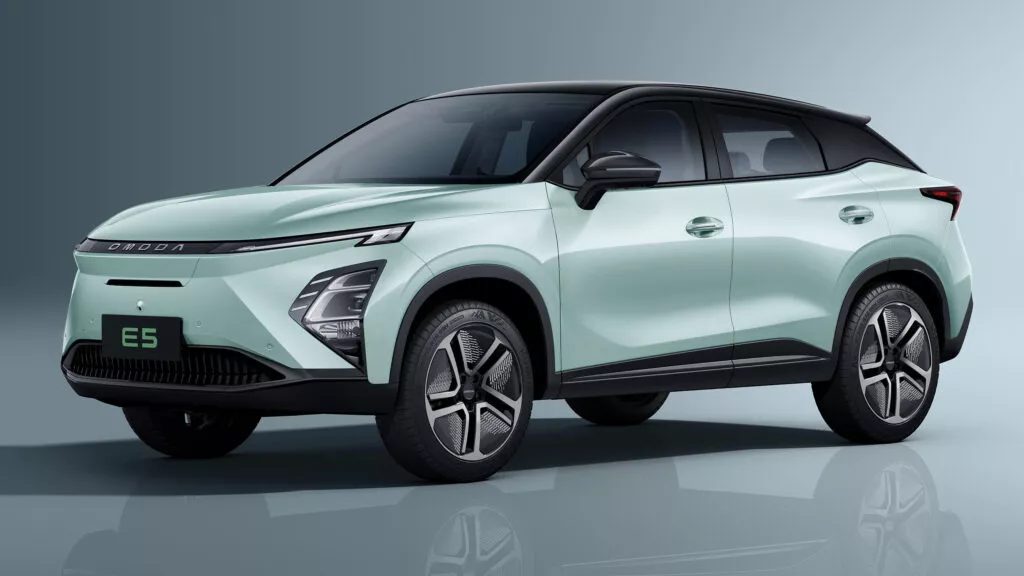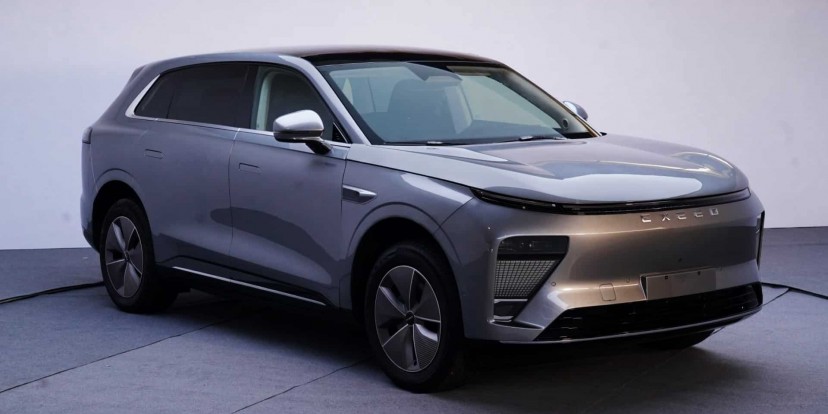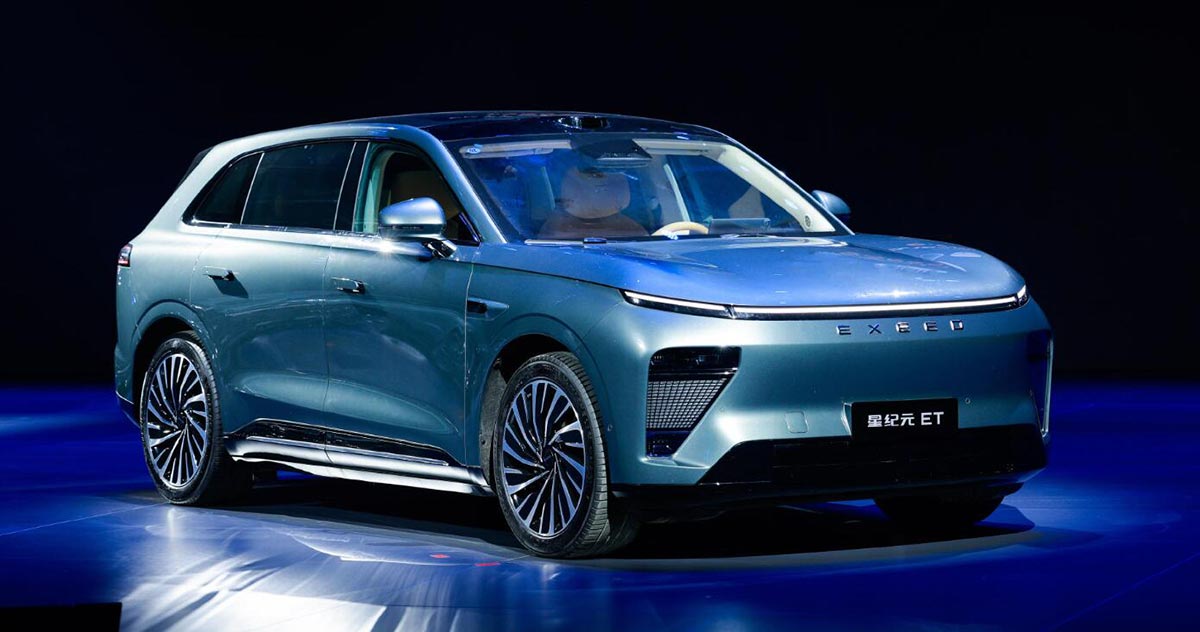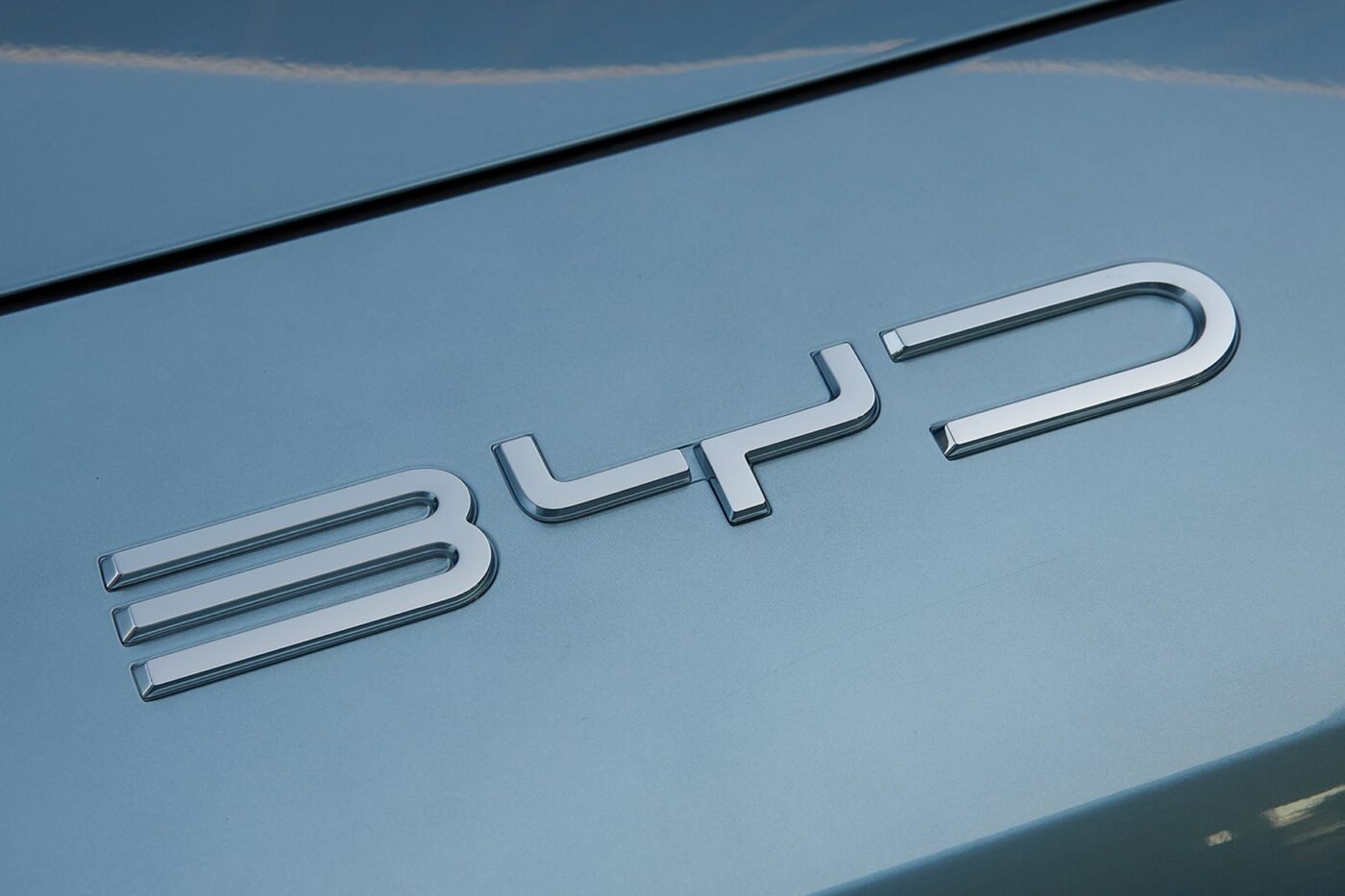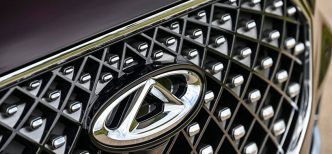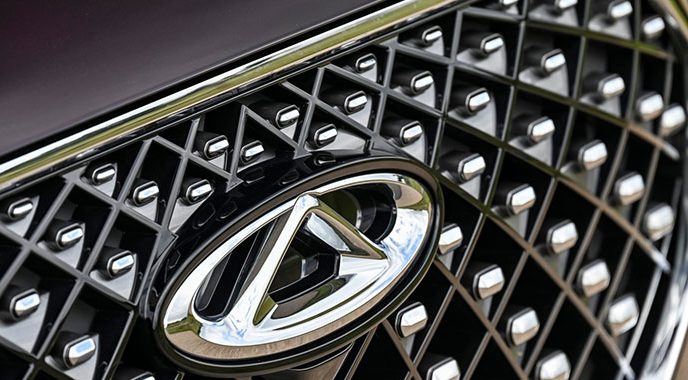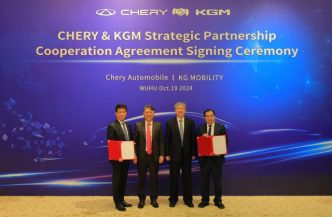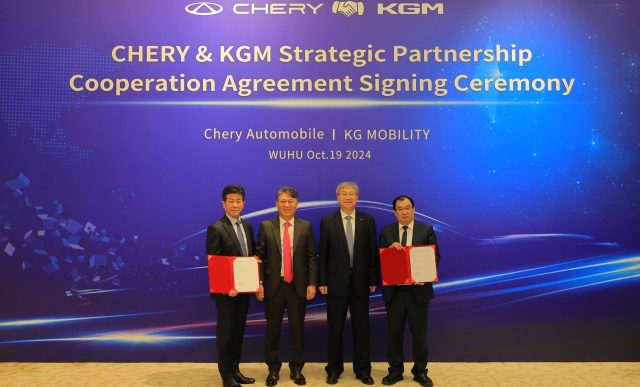Chinese automaker Chery announced on Friday that its newly-acquired plant in Barcelona will serve as one of its main exporting facilities worldwide, with a production target of 150,000 vehicles per year by 2029. This initiative is part of a joint venture with Spanish firm EV Motors.
Production at the plant, Chery’s first in Europe, is set to begin at the end of the summer. Initially, the joint venture will hire 150 former Nissan workers who are currently undergoing a training program funded by authorities following Nissan’s divestment in 2021. The venture aims to eventually employ up to 1,250 workers.
“Once we reach enough (production) scale, we will plan exporting to the rest of Europe and other countries, turning it into one of Chery’s main exporting facilities worldwide,” said Chery’s Executive Vice-President Guibing Zhang during a presentation at the facility, which was partially acquired by EV Motors after Nissan’s departure.
As part of the venture, Chery and EV Motors will invest around 400 million euros ($426.64 million) in the plant, according to Spain’s Prime Minister Pedro Sanchez, who made the announcement at the event. Sanchez highlighted that such investments demonstrate Spain’s emergence as a significant EV hub for Europe, following the launch of a 5 billion-euro plan in 2020 aimed at attracting production using European Union pandemic relief funds.
Chery’s SUV Omoda 5 model, in both its EV and combustion engine versions, will be manufactured in Barcelona this year. The plant will also produce the Jaecoo 7 model in the future. Additionally, using a shared production platform and technology with Chery, EV Motors will relaunch the Spanish brand EBRO, which ceased sales in 1987. EV Motors is set to begin manufacturing two SUV models in plug-in-hybrid and combustion versions in the fourth quarter.
The joint venture plans to apply for public funding, with authorities in Catalonia, the region where Barcelona is located, indicating earlier this week that they would assist with financing for the project. Spain’s central government, which has 1.7 billion euros available this year under the pandemic relief program, could also be a potential source of funding for the two carmakers.

